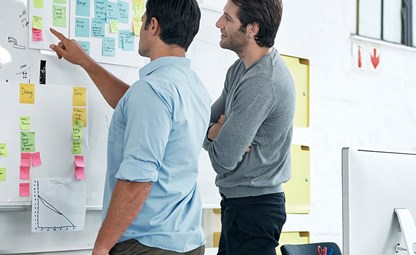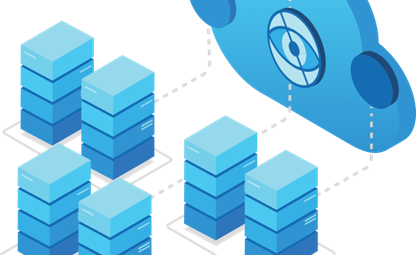08 Oct 2015
User-centric Design

In the early, unformed stages of new product development, change is relatively inexpensive. However, once the product reaches the stage of public release, an error in design that causes problems or inefficiency in the use of products can be disastrous.
The user-centric design (UCD) process (also called human-centered design process) is an empirical approach to product or service design. The approach incorporates human factors into the design of products, assuming that the designers nearly always do not know intuitively how users of their products will make use of them and what the consumer''s learning curve will be. Cognitive research psychologist and engineer Don A. Norman is credited with popularizing the field of UCD in his 1988 book, The Design of Everyday Things.
The question of how the product should be configured so that users get the best use from them is answered through the use of regular empirical tests throughout the design process. User-centric designers conduct regular ethnographic studies, focus groups, prototype testing, usability tests, and other studies at key points in the design and implementation process. User requirements are also analyzed by analysis of the usability of similar products in the marketplace or being designed. Today, UCD has particular applicability to the design of websites and software products.
ISO recognition of UCD comes in the form of ISO 13407 certification, which defined UCD as an iterative process which occurs in a cycle of testing and development. Jeffrey Rubin''s 1984 Handbook of Usability Testing: How to Plan, Design, and Conduct Effective Tests outlines the basic process later incorporated into UCD in terms of three steps.
- Early focus on users and tasks. systematically gather structured information. Train designers in data collection techniques before conducting data collection sessions.
- Empirical measurement and testing of product usage. Focus on ease of learning and ease of use. Test prototypes with actual users.
- Iterative design. Repeatedly test, modify, and design. Allow for the complete overhaul and rethinking of design based on early testing of conceptual modes and design ideas.
Folio1 has been helping clients bring digital products to market since 2007. Please contact us to learn more.


